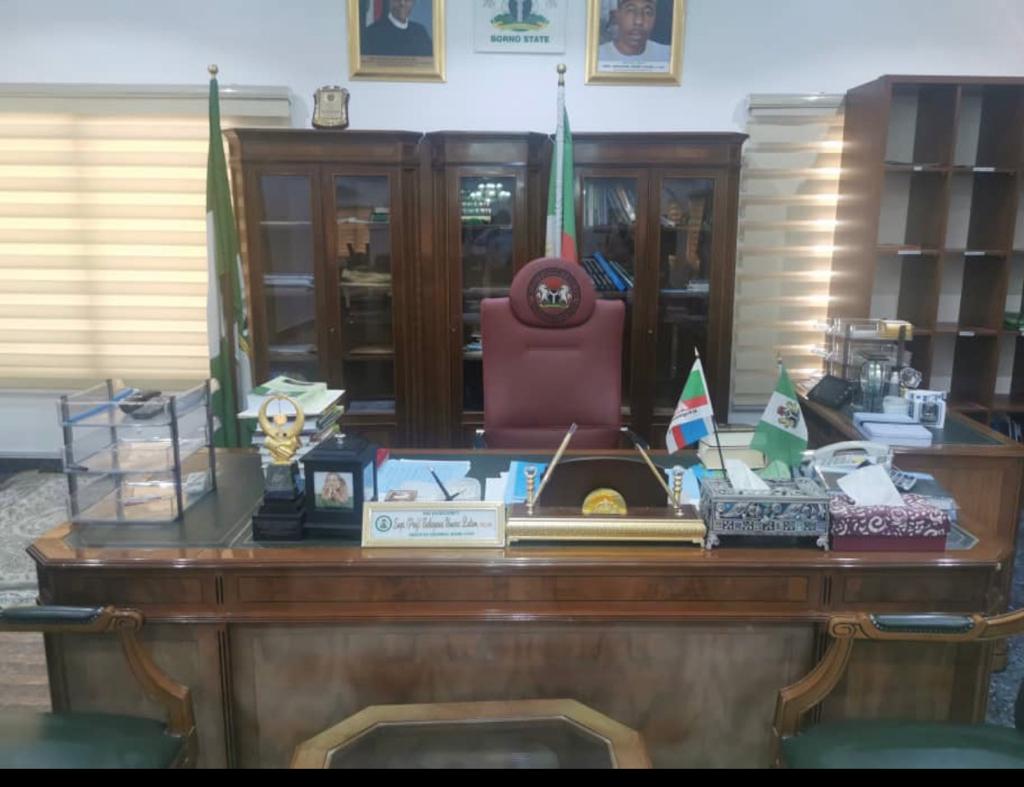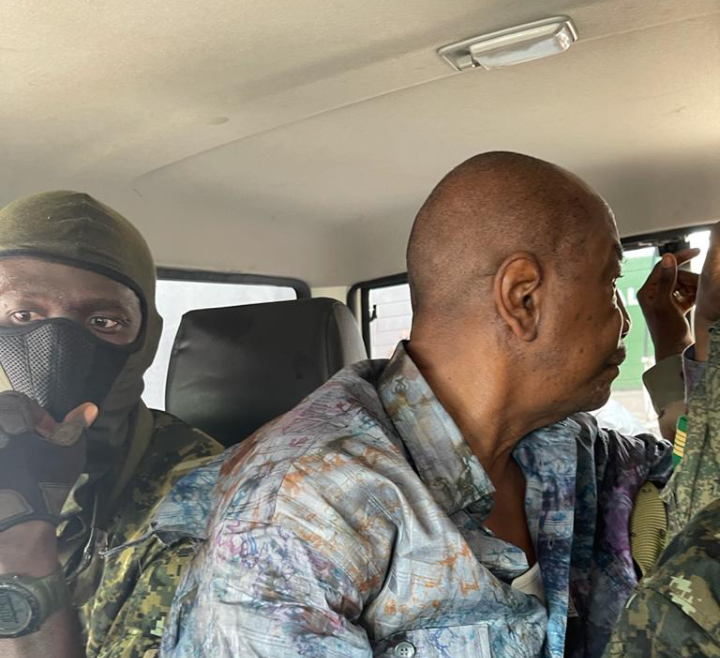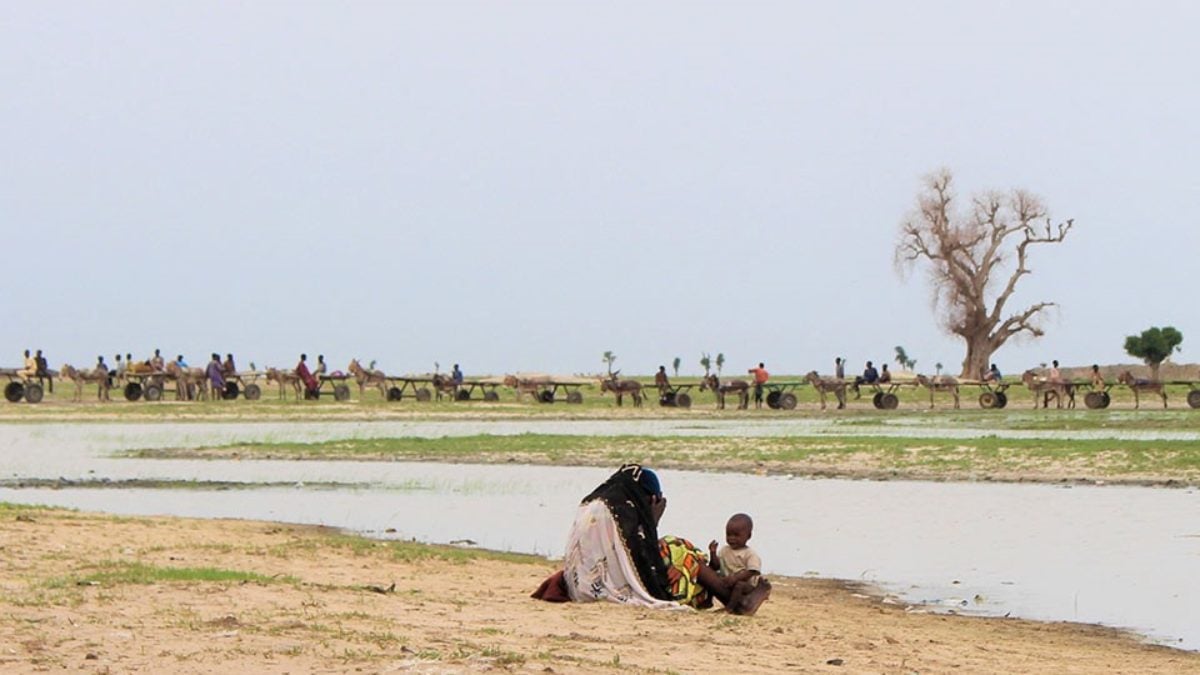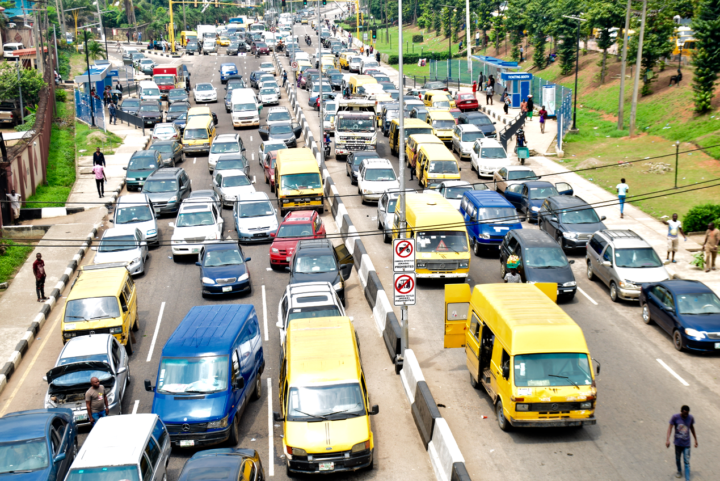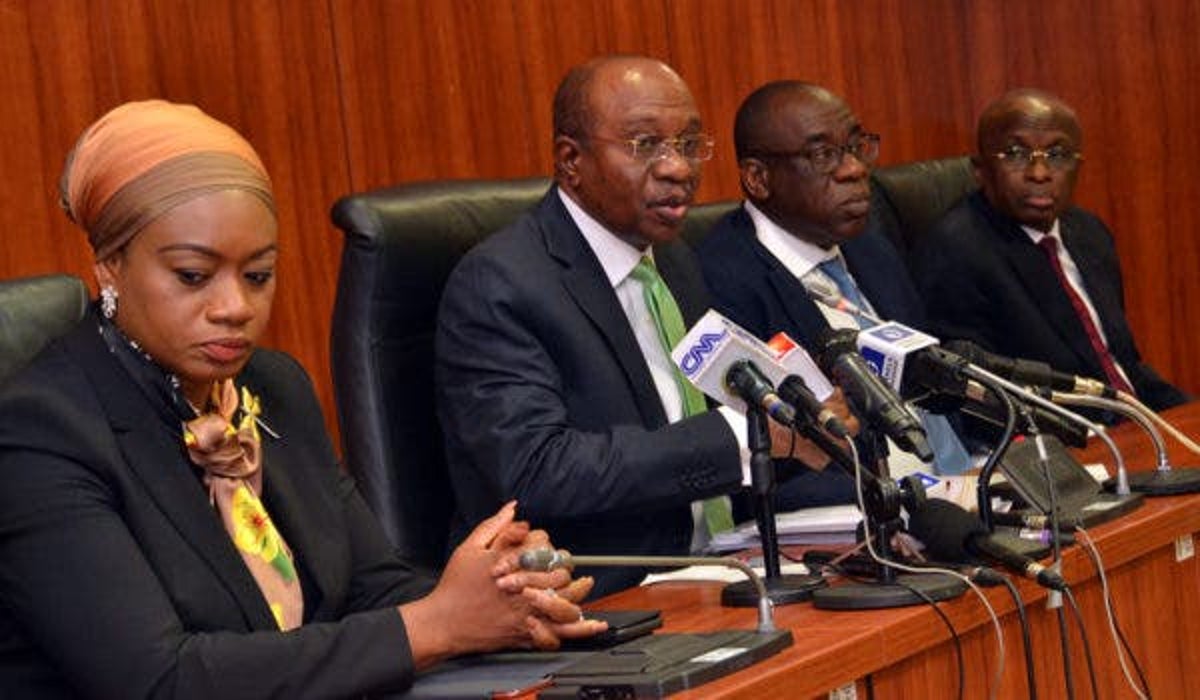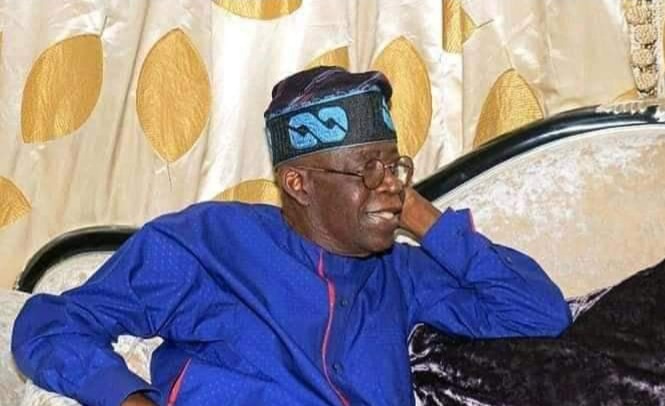General Muhammadu Buhari cheering the crowd with his broom on his arrival
BY EZINWANNE ONWUKA
A major straw that broke the Peoples Democratic Party’s (PDP) 16-year rule in Nigeria was pervasive corruption. Consequently, Nigerians voiced their frustrations by voting in the All Progressive Congress (APC) presidential candidate, Muhammadu Buhari, during the 2015 general election.
Fighting corruption was one of the three planks on which Muhammadu Buhari hinged his campaign for the presidency in 2015, the other two being curbing terrorism and fixing the economy.
During his inaugural speech, President Buhari reiterated his commitment to combating corruption in Nigeria no matter whose ox is gored when he said, “I belong to everybody and I belong to nobody”. Given his military background and perceived incorruptible posture, Nigerians believed him. Today, Nigerians know better.
Advertisement
The latest report on the 2021 corruption perception index (CPI) by the global anti-corruption coalition, Transparency International, rated the country as, currently, the second most corrupt country in West Africa. According to the CPI details, Nigeria ranks 154 out of the 180 countries ranked, scoring 24 points out of 100. This is the lowest ranking for the country in seven years from 2015 till 2021. And it makes it evident that despite the pledge by the APC to fight corruption comprehensively, Nigeria, under Buhari, has remained a hub for corruption.
The level of corruption under Buhari was vividly captured in a letter to the president by the Human and Environmental Development Agenda (HEDA). In the letter titled “Re Awakening the Anti Corruption Drive”, dated February 24, 2021, the group said the volume of money linked to ignored corruption cases since 2015 when Buhari assumed office was not less than N900 billion. Furthermore, on December 26, 2021, a report by Socio-Economic Rights and Accountability Project (SERAP) had alleged a missing N3 billion from the federal ministry of finance and listed corruption allegations running into hundreds of billions of naira in federal ministries, departments, and agencies (MDAs).
Under Buhari, there have been top corruption cases that appeared to have been swept under the carpet. These cases include but are not limited to: Abdullahi Umar Ganduje, the Kano governor who was secretly filmed stuffing wads of dollars into his robes – allegedly a large bribe in exchange for lucrative government contracts; the allegation that the former chief of army staff, Tukur Buratai, bought two houses in Dubai, United Arab Emirates, between 2013 and 2015 at a cost of $1.5 million, using allegedly corrupt means as the procurement officer of the Nigerian Army; the withdrawal of the N25 billion criminal charge against former Gombe State Governor, Senator Danjuma Goje, by the attorney-general, Abubakar Malami, with the reason that, “the federal government has the constitutional right to withdraw any criminal case at any time”; the indictment of DCP Abba Kyari, ‘Super Cop’, by the FBI on some allegations of money laundering, bribery and wire-fraud vis-a-vis receiving funds from Ramon Olorunwa Abbas, alias Hushpuppi.
Advertisement
The height of corruption under Buhari was the chance discovery of a large warehouse in Maza Maza, Lagos where COVID-19 palliatives were stored, shortly after the #EndSARS protest in October 2020. Some of the palliatives meant to cushion the sufferings of the masses at the peak of the COVID-19 pandemic, when the economy was practically shut down, were yet to reach the intended beneficiaries (citizens). Some states still stacked them in their warehouses, and some politicians in their homes, until aggrieved Nigerians broke into them and carted away whatever they could.
Former British Prime Minister, David Cameron, at the anti-corruption summit hosted in the UK in May 2016 described Nigeria as “fantastically corrupt”. In the wake of the Panama Papers leaks, which revealed the role that British banks and tax havens play in sheltering money, the irony of Cameron’s comment became noteworthy.
One of Buhari’s anti-graft efforts was to implement the treasury single account (TSA) in order to harmonise financial transactions in the public sector. However, despite measures such as this, public sector corruption is still widespread. As a matter of fact, it is still unclear how the $1 billion he released from the country’s crude excess account to fund the fight against Boko Haram has been spent.
“It’s a broom–broom revolution,” thundered Bola Tinubu, the national leader of the APC, while addressing the crowd that had gathered for Buhari’s campaign ahead of the 2015 general election. However, it is now obvious that the thousands of brooms – including a giant statue of one that was put up at Abuja’s city gates – are incapable of putting a dent in the dust of Nigeria’s corruption.
Advertisement
Ezinwanne can be reached via ezinwanne.dominion@gmail.com
Views expressed by contributors are strictly personal and not of TheCable.
Add a comment

